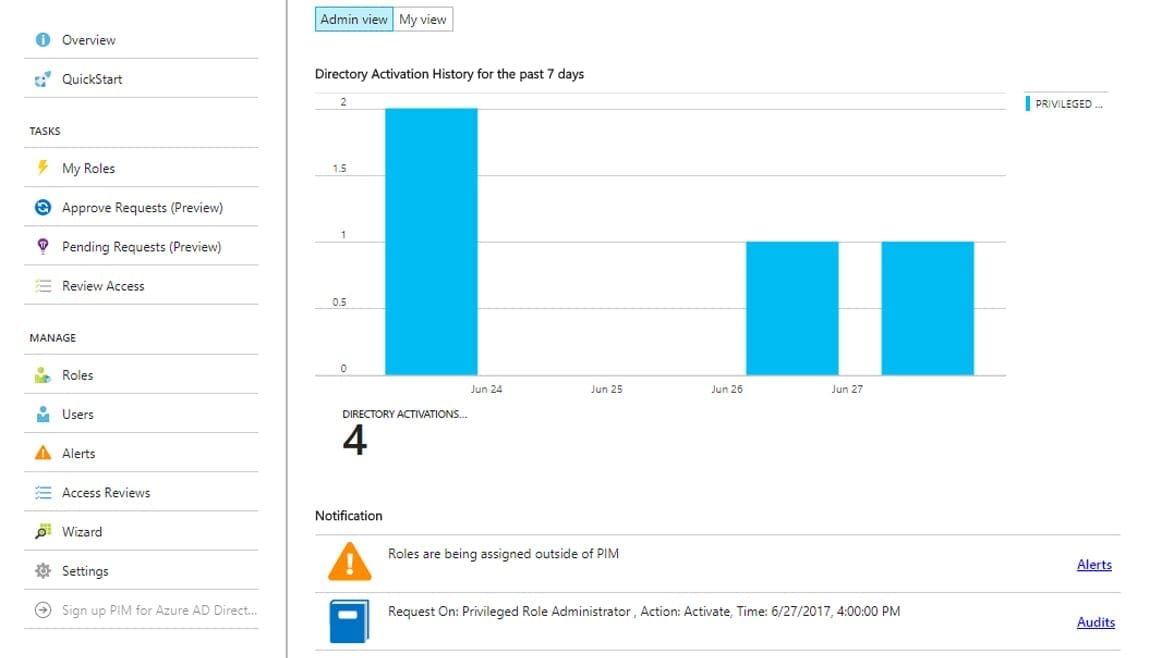[vc_row gmbt_prlx_parallax="up" font_color="#ffffff" css=".vc_custom_1501859784808{padding-top: 170px !important;padding-right: 0px !important;padding-bottom: 190px !important;padding-left: 0px !important;background: rgba(55,82,161,0.66) url(https://managedsolut.wpengine.com/wp-content/uploads/2017/08/CIO-Interview-header-Managed-Solution-1.jpg?id=) !important;background-position: center !important;background-repeat: no-repeat !important;background-size: cover !important;*background-color: rgb(55,82,161) !important;}"][vc_column][vc_column_text]
MEET THE TECH EXEC
Ken Lawonn
Senior Vice President and Chief Information Officer, Sharp HealthCare
[/vc_column_text][/vc_column][/vc_row][vc_row css=".vc_custom_1501859913491{background-color: #e0e0e0 !important;}"][vc_column width="1/2"][vc_column_text]
To download the full magazine and read the full interviews, click here.
Ken Lawonn is the Senior Vice President and Chief Information Officer for Sharp HealthCare. In his role he is responsible for continuing to move Sharp forward in the implementation of advanced technologies to support the transformation of healthcare through the Sharp Experience. He joined the Sharp team in February 2014.
Lawonn has over 35 years’ experience in healthcare technology leadership. Prior to joining Sharp, Lawonn served as the Senior Vice President for strategy and technology at Alegent Creighton Health in Omaha, NE. Under his leadership, Alegent was recognized as a leader in the deployment of technology to support integrated clinical care. Lawonn also served as the Vice President and Chief Information Officer for Banner Health and Lutheran Health Systems in Fargo, ND.
Lawonn received his bachelor’s degree in computer information systems from Moorhead State University in Moorhead, Minnesota and an MBA from the University of Nebraska. He is a member of the College of Healthcare Information Management Executives (CHIME) and a fellow in the American College of Healthcare Executives (FACHE).
[/vc_column_text][/vc_column][vc_column width="1/2"][vc_single_image image="18528" img_size="large" alignment="center"][/vc_column][/vc_row][vc_column][vc_column_text]
What are the top 3 areas of focus for IT executives?
Security is one of the top 3 areas because it can cause both financial and reputational damage. Analytics is a big focus for us, especially in healthcare because we spend so much time automating our data, now we have to spend time figuring out how to leverage that data. The 3rd one is incorporating a digital strategy and how we transform operations. In healthcare, we have to move out of this operational model toward a digital model and how we leverage clinical data to make better decision making. Healthcare is data rich, knowledge poor. We have all this unstructured data and have to figure out how we bring all of that data together.
What’s your take on Public Cloud?
We have been hesitant because of privacy issues. Early on the public providers couldn't support business associate agreements. Cloud is revolutionizing the way computing is provided. It's changing the way we think about computing. Hybrid clouds have shifted an alternative view to the public cloud. It's really large scale computing served up on demand. It's changing the way we think about it and the way other providers think about computing services. I think It's the early phase of where we are headed.
We don't use Office 365 yet. We use SAAS and most are run in private datacenters. We are looking at if we really need to own this stuff and run a mixture of cloud services and on premise services. We are moving out of our primary datacenter. We are looking at both Las Vegas and Phoenix because of cost and concerns about environmental issues like earthquakes and fires, they can protect us in those areas.
What superpower do you want most?
I don't have any interest in having a superpower. Reading people's minds might be kind of fun. I always felt you're better to be seen as more of a partner and equal. If you have a superpower you come across as superior and is truly hard to be effective that way.
When you were a kid what did you want to grow up to be?
After I got through the Hercules phase, I really wanted to be a major league baseball player, center field. I just couldn't hit a curve ball. I've always been a NY Yankee's fan.
How is IT helping to drive revenue through the company?
We are looking at taking our current assets to expose those services to more people and make them more readily available through things like telehealth, video based, online services which allows us to extend services without having to build new buildings, or have people come to us. Using technology makes things more convenient for individuals. You can schedule an online visit with a physician, or a nurse practitioner and use it for follow up visits. It doesn't always make sense for you to come back in. Very easily you can do things online, at your convenience, and even after hours. We use technology to understand if we are providing the best treatment, and make sure we are not penalized or making sure we are effectively leveraging our payment process. and that we are effectively leveraging technology to help increase revenues.
We partner with Cerner primarily and do some work with Allscripts. We look at what technologies can run those platforms, then we pick a storage partner to work with. It's not unusual for a healthcare organization to have hundreds of applications that they are supporting.
We are hearing so much about the internet of things – what does or could the internet of things for your business look like?
We see it as huge. Both in what it is able to provide us and the elements to support it. Today we have invested heavily into integrating medical devices into our electronic data records, from pumps to monitors. We are going to actually make all the devices able to communicate, in kind of a standard that we can accept and look at. We have chronic patients with diabetes or congestive heart failure. We need to keep track of them at home to see if they are weighing themselves, etc. We have devices that can relay that information automatically to us so we don't have to go out to their home. We see tremendous advantage in using those kinds of capabilities. We can monitor and track patients to provide better care at a lower cost. Having a connected world of all these devices, helps healthcare leverage continued monitoring and the movement toward consumer involvement in their health. Some data is meaningless so we are learning how do we collect, interpret and leverage that data. Adding more data that in unactionable or not meaningful is a challenge.
Are there hiring challenges based in the economy we’re currently facing today? Or is it a challenge of finding the right skillsets and expertise?
In our business, it's often a combination of skillset and cultural fit. The provider side of healthcare doesn't always pay the best compared to biotech companies. We are looking for people that are attracted to serving and helping people. We hire more for fit. Our challenges are in a couple areas like management level positions, and those high sought after skills like security, data scientists and web developers. We mostly hire Southern CA based individuals and they don't need a healthcare background in certain positions. We are very service oriented and deliver the Sharp experience, which is our brand- a team approach. You can't bulldoze change. We are an organization that changes very slowly.
What kind of messaging is coming down from the CEO/Key Executives about their partnership with IT?
We've gone from IT being a backend service, to being partners with the business, which is still a critical approach. It is the engine for business transformation and growth. There is hardly anything we look at that doesn't have technology involved in some way. There is so much technology available, pick the right technology and hold people accountable to leverage it and provide value. We have to think about how we bend the cost curve. We can't keep increasing the spend if there isn't some return. We have to work together and they want us to make it simple, make it work. How do we transform to become a different kind of business, become more of a digital, real time business. You can't just keep adding on cost. Everyone likes to add stuff, nobody likes to take things away.
CIO's are becoming more like change agents and transformational leaders. The message is we've got to be nimble, faster, more accessible. One of the biggest challenges is everybody seems to be an expert in technology today, with our watches, our phones, they have this sense about what things should be able to do and they don't always understand the complications in how to make it work and make it easy to use.
Has the idea of using cloud changed your mindset of using outsourced/Managed Services?
It's changed the outsourcing model, we used to think it was turning it over to someone else. Now we think of purchasing services, and renting storage as a service. It's just different thinking. The message we keep saying is let's stop worrying about who owns it or where is it physically. Let's think about what's the best way to provide a service to our organization and that's just different today than it used to be.
If you could give guidance to any IT Manager/Director about how they position their careers what would you tell them?
If they want to be successful they have to invest in knowing the business and the customers they are serving and how to form a partnership with key business leaders to support, grow and sometimes transform that business. They are relying on you to help them understand what can be applied and what the requirements are and how to leverage them. Think about your resources differently. Do you have to own it or can you rent it.
[/vc_column_text][/vc_column][vc_row][vc_column][vc_cta_button2 h2="" title="LEARN MORE" color="belizehole" accent_color="#ed884e" link="url:http%3A%2F%2Fwww.managedsolution.com%2Fmeet-the-c-level-interview%2F|title:managedsolution.com|"]
MEET THE TECH EXEC INTERVIEWS
Managed Solution is conducting interviews as part of an outreach initiative to share trends and engage technology enthusiasts in the southwest.
[/vc_cta_button2][/vc_column][/vc_row]
Continued Reading

August 30, 2017
What is Azure AD Privileged Identity Management?
Through the use of Azure Active Directory (AD) Privileged Identity […]
LEARN MORE
August 31, 2017
Why Choose the Microsoft Cloud
Keep your customers productive and secure on their favorite apps […]
LEARN MORE
